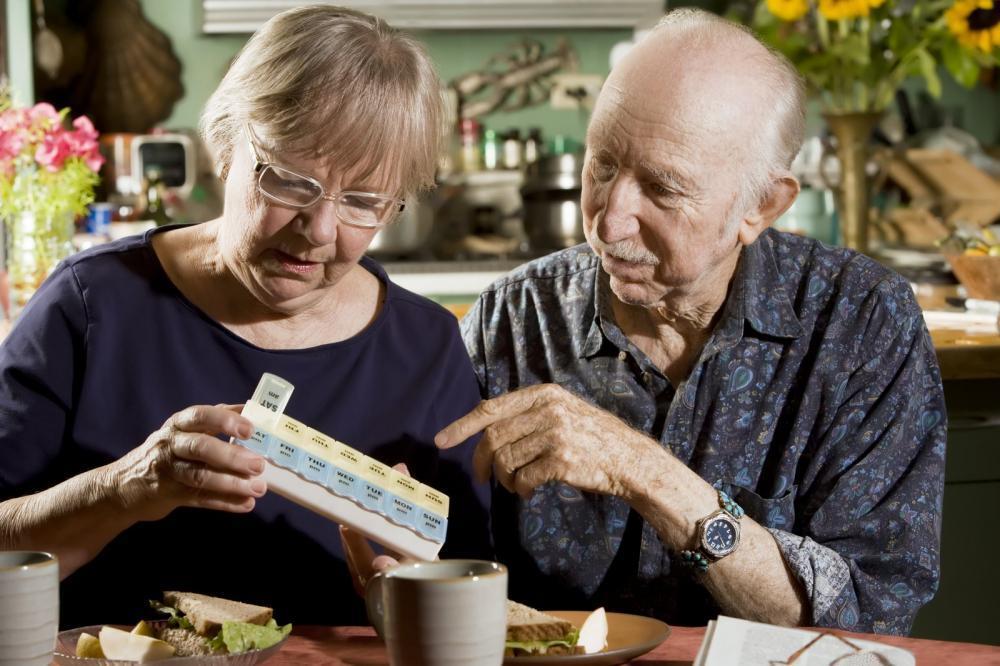Overactive bladder or OAB is a condition where you have an involuntary urge to empty your bladder. It is a relatively common health problem that afflicts nearly 33 million people in the USA. Around 30% of men and 40% of women suffer from overactive bladder symptoms. Most people assume that having an overactive bladder is natural as you grow older. However, this is not true. An overactive bladder can occur due to nerve damage, overactive bladder muscles, a weak pelvis, or an enlarged prostate. A decline in cognitive functions and obesity has also been associated with OAB.
In this article, we are going to discuss the symptoms of an overactive bladder and how you can treat this condition.
Symptoms of an Overactive Bladder
There are many symptoms associated with an overactive bladder condition. These include:
- Having a sudden and intense urge to urinate
- Urinating more than 8 times within 24 hours
- Experiencing incontinence (involuntary loss of urine)
- Waking up frequently during the night to urinate
You will need to discuss your symptoms with a physician for a definite diagnosis of OAB. For example, if your fluid intake is high, then you may have to empty your bladder frequently throughout the day. This does not mean you have an overactive bladder. Similarly, if you consume caffeine or alcohol before going to bed, then you may have to wake up during the night to urinate. However, if waking up during the night to urinate becomes routine, then this may indicate OAB.
Treatment of Overactive Bladder
There are several options available for the treatment of overactive bladder. These include:
1. Taking Supplements
Supplements that contain Zinc, Saw Palmetto, Copper, or Selenium have a positive effect on bladder health. This is particularly helpful for men suffering from OAB due to an enlarged prostate.
2. Getting Physical Therapy
Physical therapy can be useful for people suffering from OAB. You can learn some pelvic exercises to help your condition. These exercises will strengthen the muscles of your pelvis, which can help manage the symptoms of an overactive bladder.
3. Maintaining a Bladder-friendly Diet
Your diet has a significant impact on your bladder. If you have been diagnosed with OAB, then we suggest you decrease or avoid consuming the following:
- Gluten
- Caffeine
- Carbonated beverages and alcohol
Cigarette smoke irritates the bladder. It is best to quit smoking.
Other treatments for overactive bladder include medical procedures such as stimulating the nerves of your bladder or getting the bladder removed. These treatments are only recommended in extreme cases.
Let’ Sum It Up
Overactive bladder is a health condition characterized by the urgency to urinate frequently. If you are suffering from overactive bladder, you must get treatment. Standard treatment measures include doing pelvic exercises, taking supplements that promote bladder health, and controlling your diet.
If you require further advice on the symptoms of an overactive bladder, we suggest you book an appointment with a physician at Health One Family Medicine.
Visit https://www.healthonemedicine.com or call 469-262-5762 for more information.

